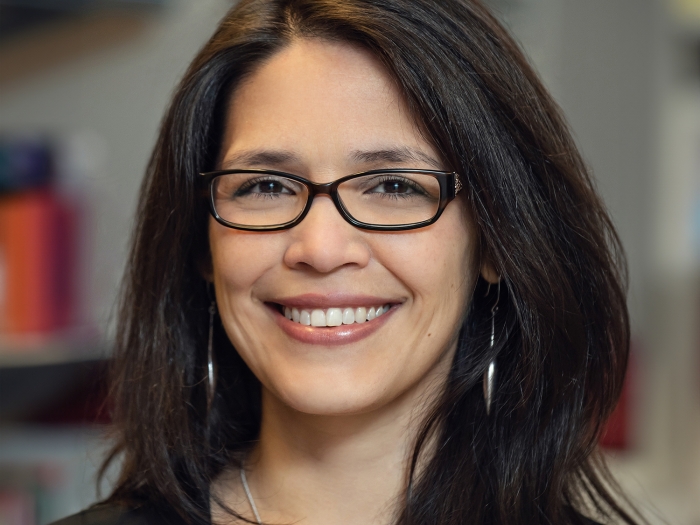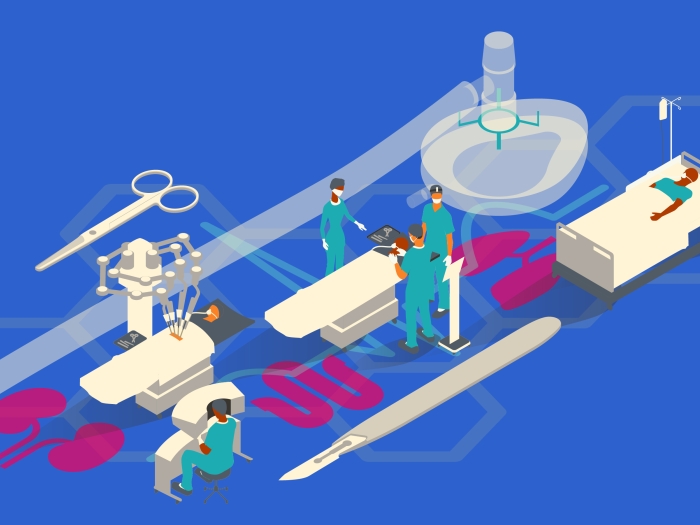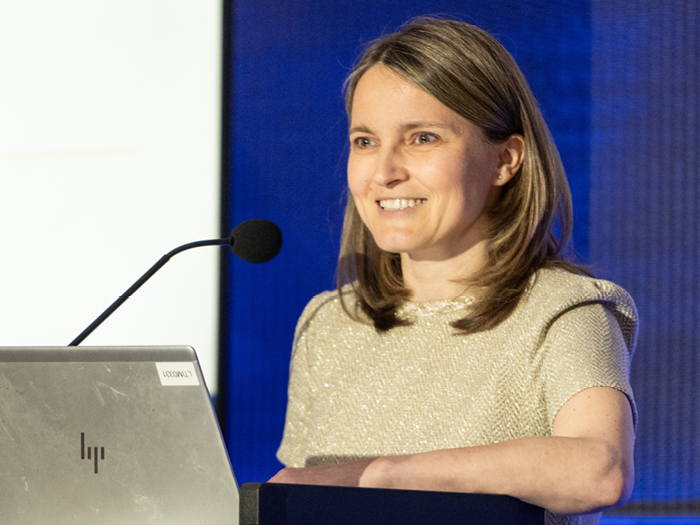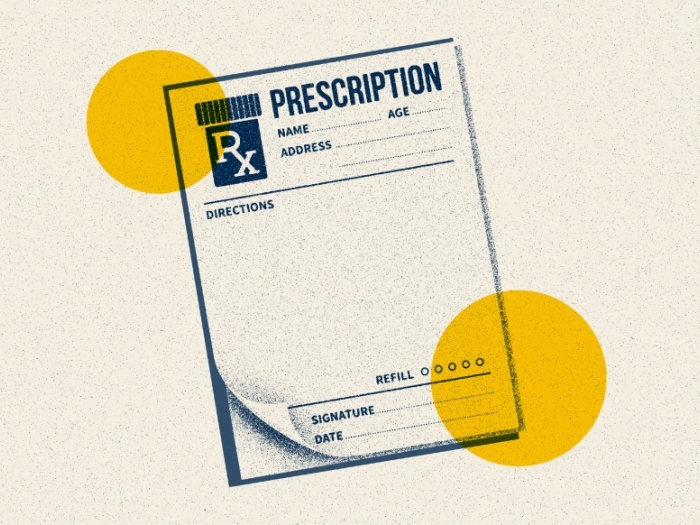You never forget your first, actual patient. The first year at Michigan is spent learning basic science, disease processes, general history-taking and physical exam practice on standardized patients. It feels like a totally different ballgame when you take all these skills and step into a room with a person that has come to the hospital with a real problem and is seeking actual care. If you are like me, this is one of the first of many exhilarating but nerve-wracking moments in your medical career. This is the first time we can participate in what we signed up to do: take care of people. However, for some of us, like myself, that transition of translating all the knowledge and skills we have gained into the patient care we have pictured ourselves delivering for so long, is not as fluid as we would like it to be.
The Clinical Reasoning Elective (CRE) was made for medical students like me, along with so many other students for reasons of their own. This is an elective offered by the medical school that gives first-year students (M1s) an opportunity to enter the clinical space and begin practicing, consolidating and receiving feedback when using these skills on real patients in a low-stakes environment. The students are paired up and assigned to a faculty member, either in the emergency department or internal medicine. Having another M1 enter patient rooms with you takes away some of the initial pressure that comes with some of our first, real, independent patient encounters. It is nice having someone at your exact level of training help fill the gaps for things you might forget.
These now M2s are just five of the 104 first-year students that participated in the 2019-20 Clinical Reasoning Elective during their shifts in the emergency department. L to R: Sonia Iyengar, Brittany Gates, Reinie Thomas (author pre-COVID), Taylor Morgan and Sarah Raven
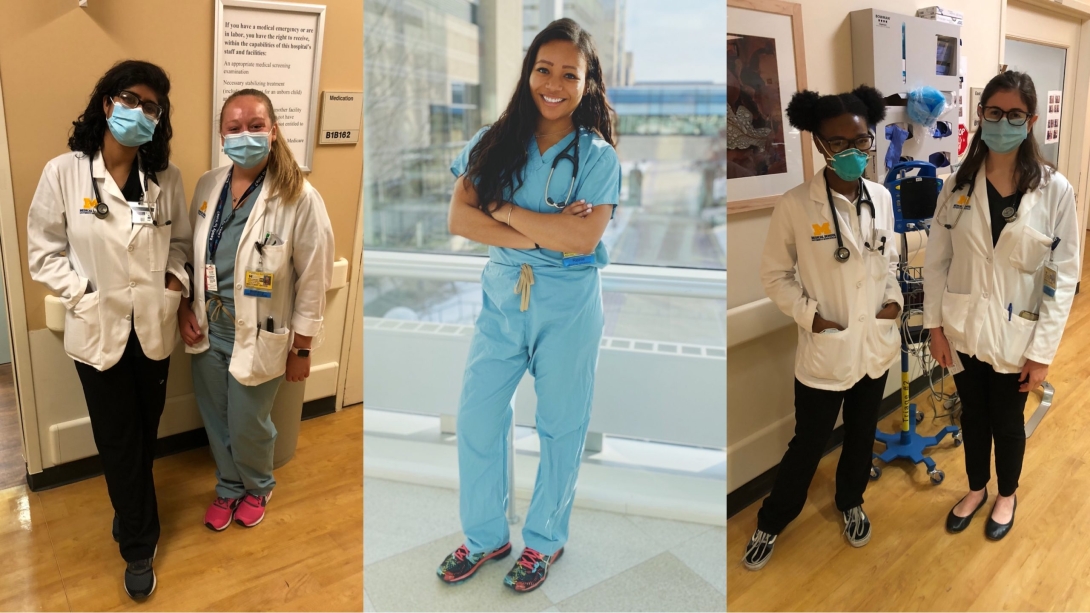
I had the pleasure of not only participating in the elective, but also serving as one of the two CRE Co-Coordinators for the 2019-20 academic year. As a co-coordinator, I had the opportunity to work directly with the CRE faculty leads, Dr. Will Peterson and Dr. Sarah Tomlinson, help recruit students and faculty to the program, and pair the students with faculty members in their desired specialties. My fellow co-coordinator, Charlie Ferreri M2, is someone who I originally had not known all that well, and now I consider him to be one of my good friends and favorite people at the medical school.
I wanted to join this elective for so many reasons. I am someone who will only speak up in a group if I know 100% that I have the correct answer. When I give presentations, I like them to be well-oiled machines so I can be confident with what I am saying and be prepared for any and every question that may come my way. But I have quickly learned, medicine does not work that way. The process of becoming a doctor involves sticking your neck out there and giving your best guess with the information you have. It involves falling on your face time and time again, until you get it right and eventually end up being able to save someone's life because of trusting this process. I joined the elective because I am that perfectionist, scared to say a wrong answer, anxious when called to deliver a flawed presentation in a short amount of time, with the thought process that staying silent in the back of the group and 'soaking it all in' would be adequate. In my short year at the medical school, I learned those perfectionist habits of mine were restricting me from becoming the best possible physician for my future patients.
My CRE faculty mentor is Dr. Marcia Perry in emergency medicine. I am sure you could ask her, but I went from only wanting to watch other health care providers take histories of patients while I observed, to her throwing me in the fire by myself to take some of the most complicated patient histories. That push was exactly what I needed. The number of times Dr. Perry had to remind me 'this is a safe space' and that 'I was never going to improve if I didn't fall on my face first' is astronomical. I went from being terrified to deliver an oral presentation to her because of how many gaps and errors I knew would be there, to wanting to give her presentations so she could point out those gaps so next time...I could do it better than the last. The confidence and personal growth I have seen within myself from just a few shifts in the emergency department has given me just a taste of what I am capable of accomplishing and the mentality I need to maintain as I enter my clinical year.
The Clinical Reasoning Elective was a tool that benefited someone like me beyond measure. From the start of the school year, I could see the clear advantage of sticking your neck out with your best guess at a diagnosis or giving your best shot at an oral presentation for corrections...yet I had never been that person to volunteer or speak up to even give myself the opportunity to receive such valuable feedback. Now, I know that falling flat on your face a time or two and exposing your gaps and weaknesses best prepares you to do what you came here for in the first place: become the absolute best physician that you were always meant to be.
University of Michigan Medical School
Want top health & research news weekly? Sign up for Health Lab’s newsletters today!
